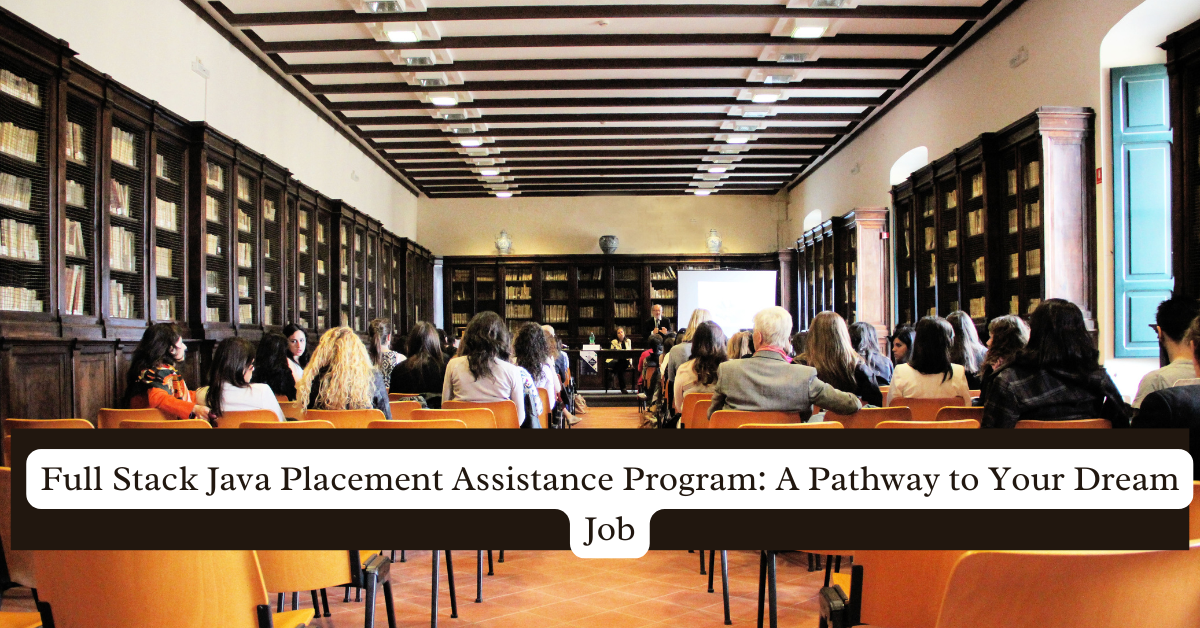In a world where artificial intelligence (AI) is becoming increasingly integrated into our daily lives, ChatGPT has emerged as a groundbreaking tool that has revolutionized the way we interact with technology. Developed by OpenAI, ChatGPT is a conversational AI model that has not only captivated millions of users worldwide but has also sparked debates on its ethical use, potential applications, and future implications.
What is ChatGPT?
ChatGPT, short for Chat Generative Pre-trained Transformer, is a language model that uses deep learning techniques to generate human-like text based on the prompts it receives. Initially launched in November 2022, ChatGPT quickly became a sensation, reaching millions of users within just a few months. The technology behind ChatGPT allows it to engage in conversations, draft emails, write code, generate creative content, and even assist in decision-making processes.
The Evolution of ChatGPT
Since its initial launch, ChatGPT has undergone significant updates. In March 2023, OpenAI introduced GPT-4, the latest version of the model, available to users through a subscription service called ChatGPT Plus. This version brought enhanced capabilities, such as advanced reasoning, complex instructions, and improved creativity, making it more powerful and versatile than ever before.
One of the most notable features introduced in 2023 was the ability to browse the web and use plugins for third-party integrations, further expanding ChatGPT’s utility. Additionally, voice and image capabilities were added, allowing users to interact with the model in more dynamic and engaging ways.
Applications of ChatGPT
The versatility of ChatGPT has led to its adoption across various industries and use cases. In the legal sector, for example, judges have used ChatGPT to draft summaries of complex legal matters, saving time while ensuring accuracy. In the creative industry, ChatGPT has been employed to generate ideas for content, assist with writing tasks, and even compose music lyrics.
Moreover, businesses have integrated ChatGPT into their customer service operations, where it handles inquiries, resolves issues, and provides information with impressive efficiency. Educational institutions have also adopted ChatGPT as a tool for tutoring, helping students understand complex topics by breaking them down into simpler concepts.
Ethical Considerations and Challenges
While the benefits of ChatGPT are undeniable, its rapid adoption has raised several ethical concerns. One of the primary issues is the potential for misuse, particularly in generating misleading or harmful content. There are also concerns about data privacy, as users often input sensitive information during interactions with the model.
Another challenge is the “black box” nature of AI models like ChatGPT. The complexity of the model makes it difficult to understand how it arrives at certain responses, leading to questions about accountability and transparency, especially in high-stakes environments like legal proceedings.
The Future of ChatGPT
Looking ahead, the future of ChatGPT appears promising yet uncertain. On one hand, continued advancements in AI could lead to even more sophisticated versions of ChatGPT, capable of performing tasks that are currently beyond its reach. On the other hand, there is a growing need for regulations and guidelines to ensure the responsible use of such powerful technology.
As AI becomes more integrated into our daily lives, it is crucial to strike a balance between innovation and ethical responsibility. OpenAI, along with other stakeholders, is actively working on addressing these challenges, but it will require a collective effort to navigate the complexities of AI in the years to come.
Conclusion
ChatGPT represents a significant milestone in the evolution of AI, offering unprecedented capabilities that have transformed how we interact with machines. From simplifying everyday tasks to pushing the boundaries of creativity, ChatGPT is at the forefront of the AI revolution. However, as we embrace this technology, it is essential to remain vigilant about its ethical implications and strive for a future where AI serves humanity in a positive and responsible manner.
FAQs
1. What makes ChatGPT different from other AI models?
- ChatGPT stands out for its ability to generate human-like text and its versatility across various applications, from creative writing to customer service. Its continuous updates, like web browsing and voice interaction capabilities, further enhance its uniqueness.
2. Is ChatGPT safe to use for sensitive tasks?
- While ChatGPT is generally safe for most tasks, users should exercise caution when sharing sensitive information, as the model’s responses are based on patterns and it may not always provide secure handling of private data.
3. How does ChatGPT learn and improve over time?
- ChatGPT improves through a process called reinforcement learning, where it is fine-tuned using feedback from human interactions. Additionally, OpenAI regularly updates the model with new features and capabilities based on user feedback and research advancements.
4. Can ChatGPT replace human jobs?
- ChatGPT is designed to assist, not replace, human workers. While it can automate certain tasks, it is most effective when used as a tool to augment human capabilities rather than substitute them.
5. What are the limitations of ChatGPT?
- Despite its powerful capabilities, ChatGPT has limitations, including occasional inaccuracies, lack of contextual understanding in long conversations, and potential biases in its responses. It is important to use the model with an understanding of these limitations.




